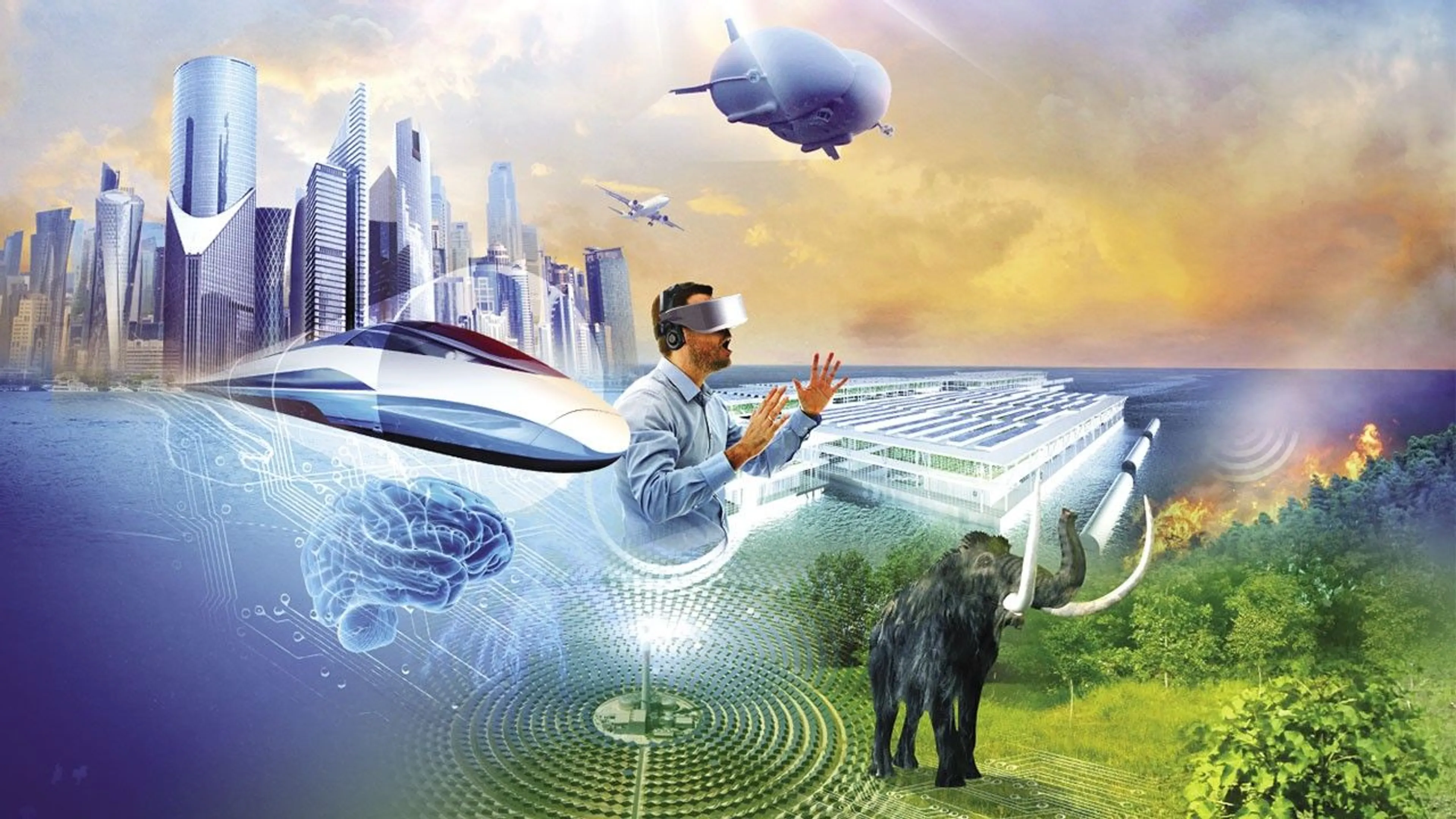The Role of Artificial Intelligence in Shaping Digital Technology

Artificial Intelligence (AI) has emerged as a transformative force in the world of digital technology. It has the potential to reshape industries, streamline processes, and enhance our daily lives in ways previously unimaginable. In this exploration, we will delve into the pivotal role that AI plays in shaping the digital landscape, its applications across various sectors, and the ethical considerations that accompany its rapid advancement.
1. Understanding Artificial Intelligence
Artificial Intelligence is a branch of computer science that aims to create systems and machines capable of performing tasks that typically require human intelligence. This includes tasks like problem-solving, decision-making, speech recognition, language translation, and image analysis. AI systems learn from data and improve their performance over time.
2. AI-Powered Applications
a. Healthcare: AI is revolutionizing healthcare through predictive analytics, disease diagnosis, drug discovery, and personalized treatment plans. Machine learning algorithms analyze patient data to identify trends and make accurate predictions.
b. Finance: In the financial sector, AI is used for fraud detection, algorithmic trading, and risk assessment. Chatbots and virtual assistants improve customer service and automate routine tasks.
c. Manufacturing: AI-powered robots and automation systems enhance manufacturing processes, improving efficiency, quality control, and safety. Predictive maintenance reduces downtime.
d. Retail: Retailers utilize AI for inventory management, demand forecasting, and personalized shopping recommendations. Facial recognition technology is used for customer authentication.
e. Transportation: Autonomous vehicles rely on AI for navigation, obstacle detection, and decision-making. AI-driven traffic management systems optimize traffic flow.
3. Machine Learning and Deep Learning
Machine learning is a subset of AI that focuses on developing algorithms capable of learning from data. Deep learning, a subfield of machine learning, involves neural networks with multiple layers. These technologies have enabled breakthroughs in natural language processing, computer vision, and speech recognition.
4. Natural Language Processing (NLP)
NLP enables machines to understand, interpret, and generate human language. It powers chatbots, virtual assistants like Siri and Alexa, and language translation services. NLP is used in sentiment analysis for market research and social media monitoring.
5. Computer Vision
Computer vision allows machines to interpret and understand visual information from the world. It is used in facial recognition, autonomous vehicles, medical image analysis, and surveillance systems.
6. Ethics and Bias in AI
The rapid advancement of AI has raised ethical concerns, particularly regarding bias in algorithms. AI systems can inherit biases from their training data, leading to discrimination and unfair outcomes. Ensuring ethical AI development and addressing bias is an ongoing challenge.
7. The Future of AI
AI's impact on digital technology is poised to expand further. Areas like reinforcement learning, quantum computing, and explainable AI are on the horizon. AI will play a pivotal role in solving complex global challenges, from climate change and healthcare to cybersecurity and space exploration.
8. Collaboration Between AI and Humans
AI is not meant to replace humans but to augment their capabilities. Collaborative AI systems, where humans and machines work together, will become increasingly common. AI can handle repetitive tasks, allowing humans to focus on creativity, innovation, and complex decision-making.
9. Conclusion: A Transformative Force
Artificial Intelligence is undeniably reshaping the digital landscape, offering new possibilities and challenges. As AI continues to evolve, it is crucial to strike a balance between technological advancement and ethical considerations. By harnessing the power of AI for the benefit of society while addressing ethical concerns, we can navigate the future of digital technology with confidence and innovation.






